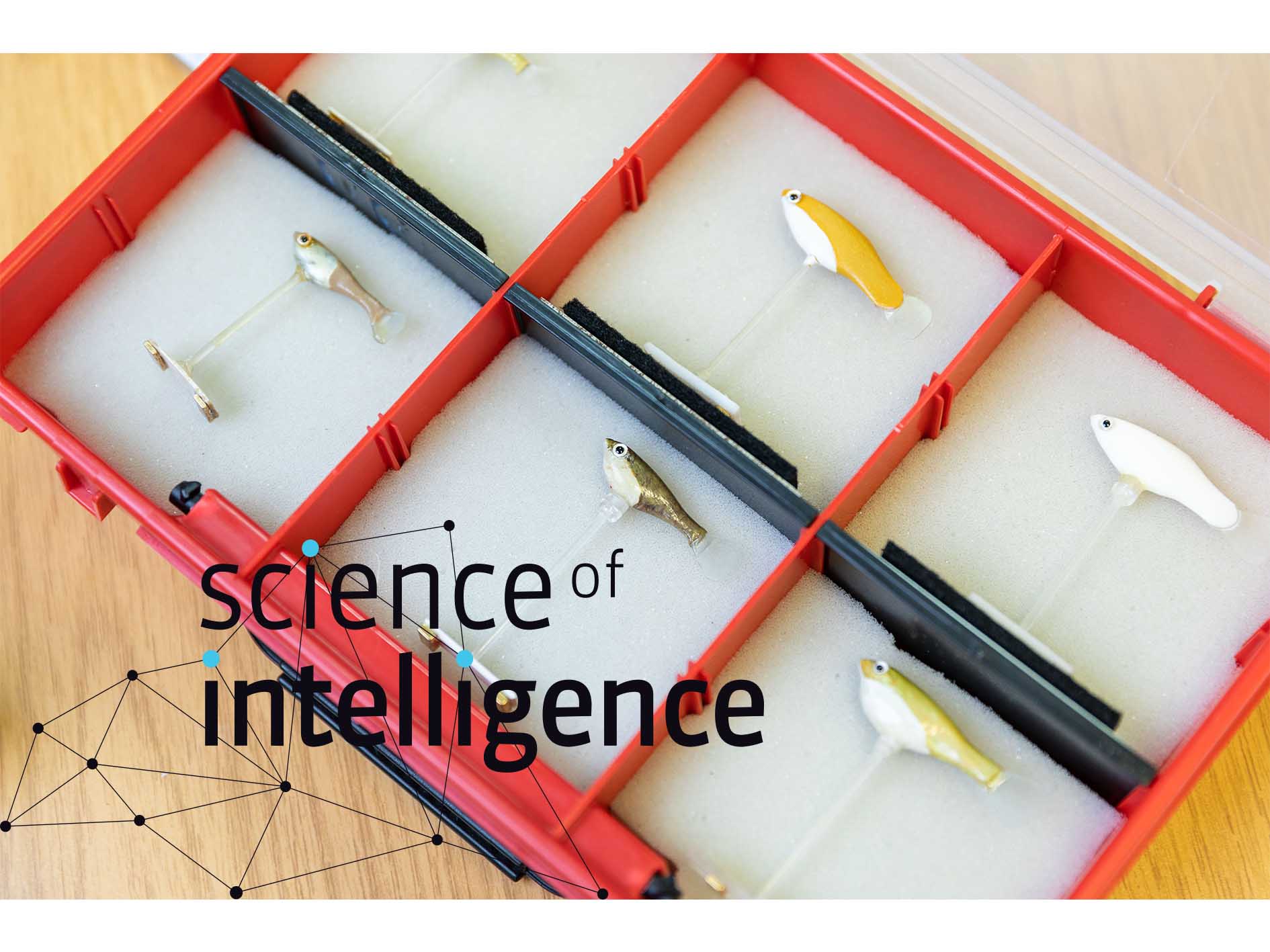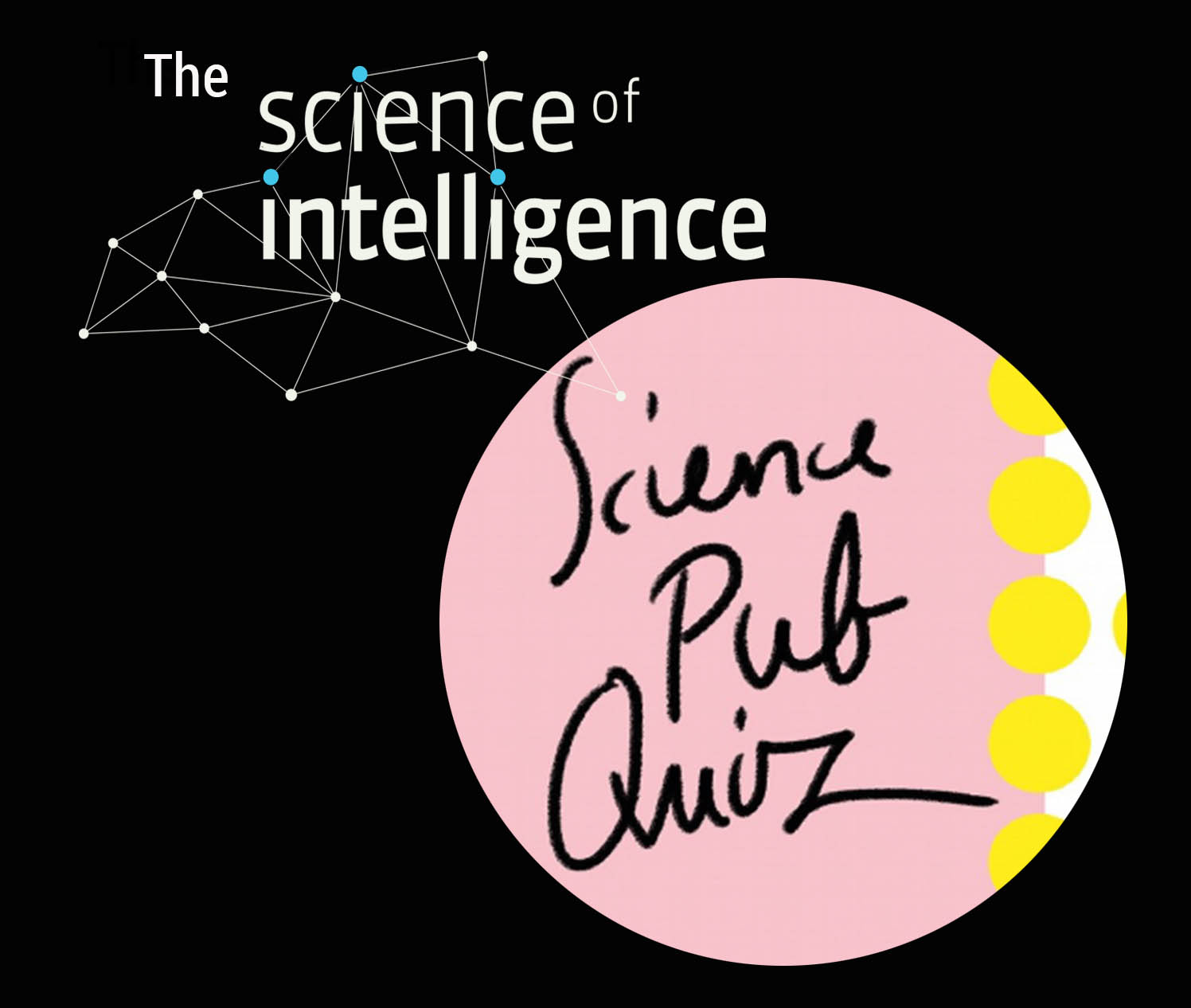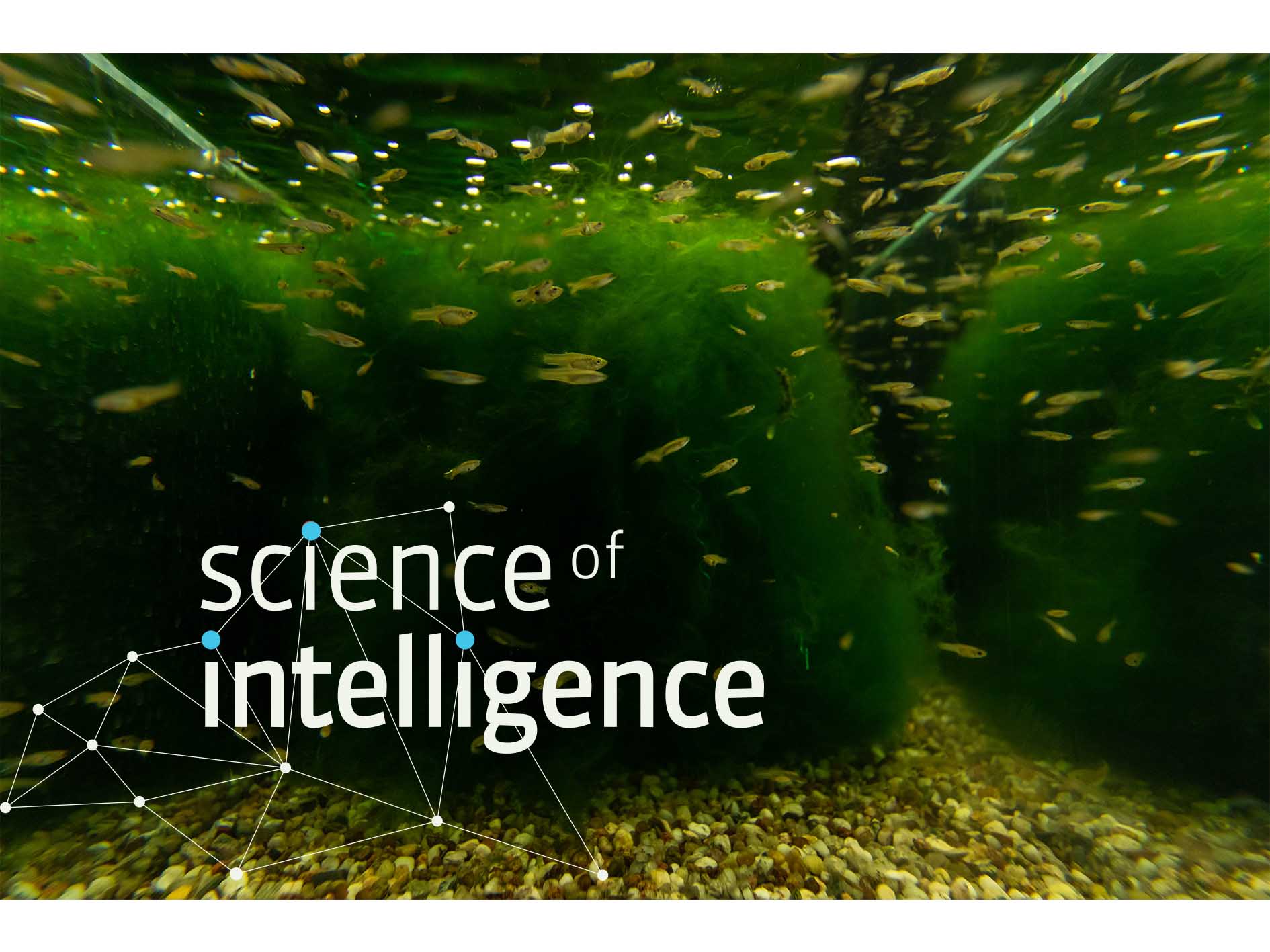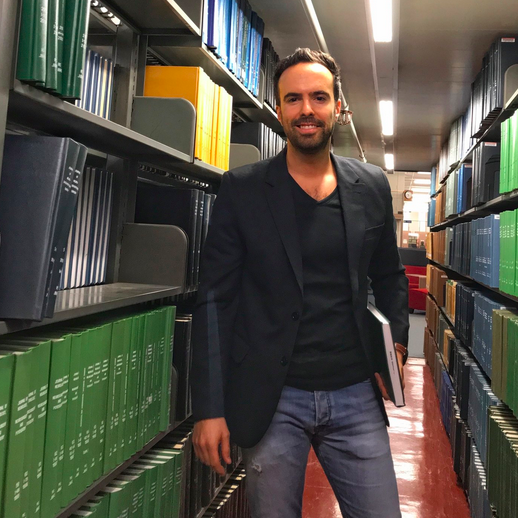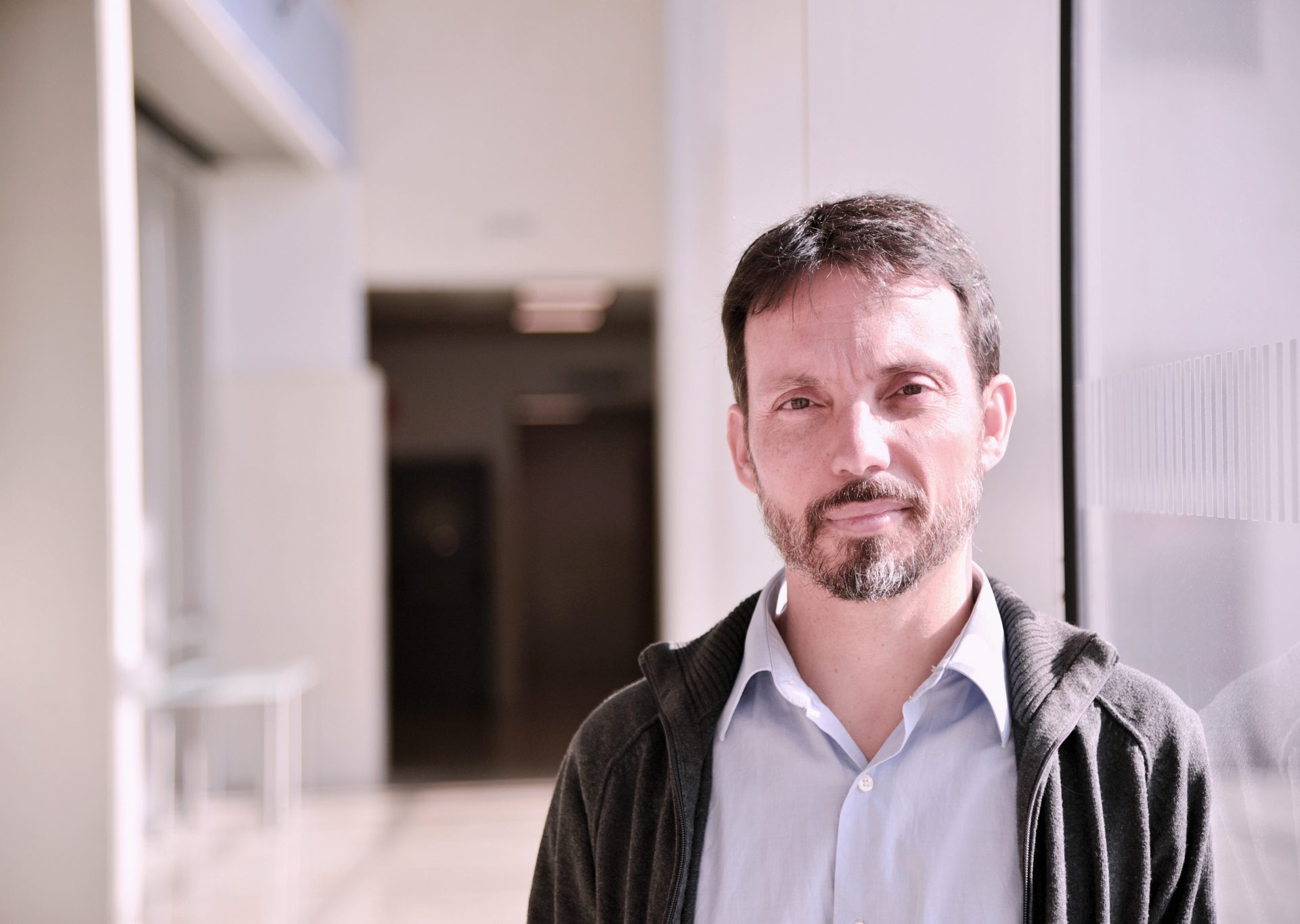Oliver Brock (Science of Intelligente): 5 Things I Think About (Out Loud), Part 2
Abstract: Oliver Brock will continue exploring about these five things: 1) Is intelligence non-decomposable? 2) Does intelligence require multiple computational paradigms? 3) To neuroscience or not to neuroscience? 4) A principle of intelligence? 5) It’s all about the prior The Zoom Link will be sent the day before the lecture. (Contact communication@scioi.de for specific questions)






